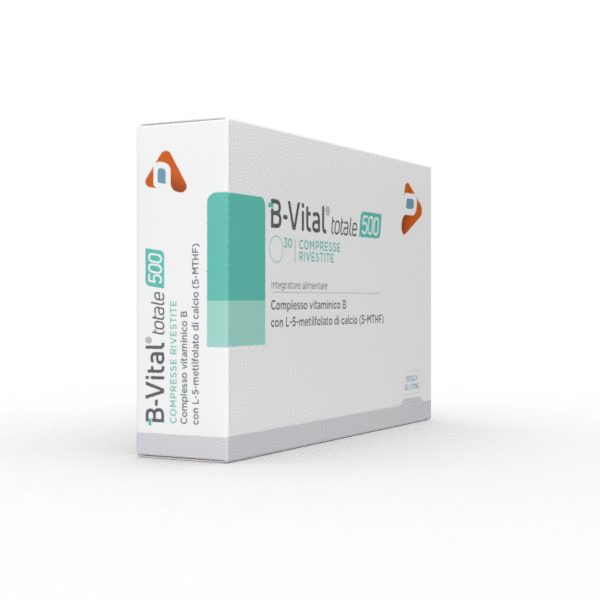A valid ally to regain an optimal state of health and recover physical efficiency after having contracted an influence is vitamin B. This vitamin, in fact, is able to support energy metabolism, ie the daily expenditure of energy by the body, and is particularly useful for encouraging a good recovery during convalescence.
Influenza is an acute infectious disease of viral origin that affects the upper and lower respiratory tract. It manifests itself with symptoms such as fever, cough, sneezing, but also musculoskeletal pain and induces a general state of discomfort. It is particularly contagious, especially during the winter season when, in cold and low humidity conditions, the viruses that trigger it can withstand even for a few weeks at temperatures of 0-4 ° C.
If the flu usually has a benign course or resolves positively within 3-6 days, in some cases it can be complicated with the onset of bacterial superinfections, responsible for diseases such as bronchitis, pneumonia, bronchopneumonia, otitis, and sinusitis. In these cases, taking antibiotics is necessary. However, it should be kept in mind that vitamin B absorption is reduced under antibiotic treatment, which is why its integration is advisable.
The B vitamins
Contrary to what was thought in the past, under the name of vitamin B a group of different molecules are actually classified, which are often found together in the same foods – mostly of animal origin – so it is correct to speak of B vitamins Each of these is identified by a number associated with the letter B, for which we have, for example, vitamins B1, B2, B5, B6, and B12. Precisely these five typologies are those that mostly contribute to sustaining the energy metabolism, or the total amount of energy that the body uses to carry out its functions.
Pantothenic acid, also known as vitamin B5, is a water-soluble B-complex vitamin and is found in vital cells in the form of coenzyme A, required for chemical reactions that generate energy from food. Vitamin B6, present in the plasma mostly as 5’phosphate, acts as a coenzyme for numerous biological processes, including the immune function. Riboflavin, or vitamin B2, ubiquitously distributed in foods and in all animal and plant cells, functions as a catalyst in energy production, essential for the functioning of aerobic cells. Thiamine, also known as vitamin B1, is fundamental for the normal state of well-being and for physical performance as it is involved in the release of energy from the macronutrients that produce it. Finally, Vitamin B12 is important for the proper functioning of the nervous system, responsible for the correct levels of resistance and physical performance.
When it is necessary to integrate
The exact dose of B vitamins that you need to consume every day depends on person to person and varies according to body weight and the individual’s general health. Taking balanced meals and sleeping satisfactorily can ensure a correct intake of vitamin B. However, as mentioned, there are particular conditions, such as flu, in which supplementation with group B vitamins is recommended both to make up for to the temporary deficiency caused by the intake of antibiotic drugs, and to support the recovery phase by promoting energy recovery.




